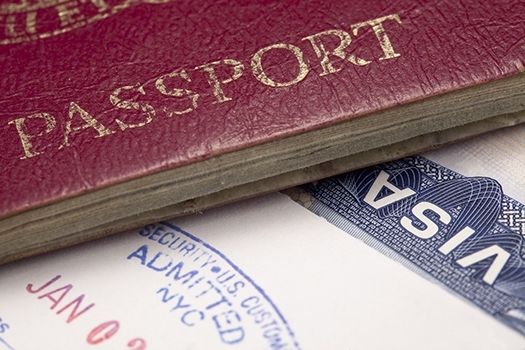Exclusive The fate of 161 newly-qualified GPs from non-European Union countries remains unknown five months after fears were raised that some of them might face deportation.
NHS England says that it has helped ‘more than 60’ of the non-EEA GPs who qualified in the summer with visas. But a spokesperson admitted that it had no knowledge about how many of them had secured jobs.
The spokesperson said that NHS England had lost contact with about 100 of the GPs, raising fears that many may have left the country or potentially even been deported.
According to a leaked email in July, NHS England tried to act as a proxy sponsor of their visas to ensure they were able to work as GPs in the UK.
The email from Surrey Health Education Network said that the proxy sponsor idea was unlikely to work after not being supported by the Home Office. As a result, NHS England was urgently contacting GP practices asking them to act as sponsors for the GPs, who were due to complete their training at the end of July.
The email talked of there being ‘400+’ non-EEA students due to qualify. But NHS England now says that figure was an overestimate and the number of newly qualified GPs without a visa was actually 161.
At that time BMA GP committee workforce lead Dr Krishna Kasaraneni described the situation as ‘bizarre’ and called on NHS England and the Home Office to ‘sort this issue as quickly as possible or more practices will struggle to maintain their services.’
However, in the intervening period, less than half of the GPs have been heard from. NHS England points out that some may have set up their own visas. But in the wake of the Windrush Scandal there is the possibility that some of the GPs have been deported or have chosen to leave the country to avoid action by immigration enforcement agencies.
An NHS England spokesperson said: ‘NHS England nationally contacted all 161 GP trainees on visas qualifying in 2018/19 with over 60 responding and being supported with advice, visa costs and help finding practices that hold visa sponsorship licences.
‘We will continue to support both other non-EEA trainees, due to qualify over the next few years, and practices with obtaining sponsorship licences.’
Pressed on the whereabouts of the GPs, the spokesperson said: ‘We are not aware of any who had to leave the country against their will. We helped 60 and the others we don’t know. Some may have been going anyway. Some may still be here because they’ve set their own visas up.’
A Home Office spokesperson said: ‘We recognise the very valuable work that international medical professionals, including doctors, GPs and nurses contribute to our NHS and wider health sector and we continue to welcome those coming to work or study in these fields.
‘Sponsorship is a key element of the current immigration work routes and provides assurances that specific individuals are being directly employed into an appropriate role paying an appropriate salary.’
The revelation that newly qualified GPs from overseas have faced visa problems this summer is likely to disappoint the health secretary as he tries to boost NHS doctor numbers.
There are 1,000 fewer GPs now than in 2015 when ministers set out plans to recruit 5,000 more by 2020. In September 2017 the NHS’s framework on international GP recruitment stated that between 2,000 and 3,000 of the extra 5,000 ‘may be recruited from overseas’.
In June the Government announced it was scrapping the cap on the number of foreign doctors that the NHS could recruit.
It is unclear why so many newly-qualified GPs were put in an uncertain visa position this summer and whether the same has happened in previous years. A spokesperson for NHS England said it was due to the lifting of the cap on skilled workers from outside the EU.
The Government’s immigration overhaul in June stated that there would be no restriction on the numbers of doctors who can be employed through the tier 2 visa route that applies to non-EU workers. Since 2011 there had been an annual cap of 20,700 on foreign workers using the tier 2 visa route.
Pulse October survey
Take our July 2025 survey to potentially win £1.000 worth of tokens













